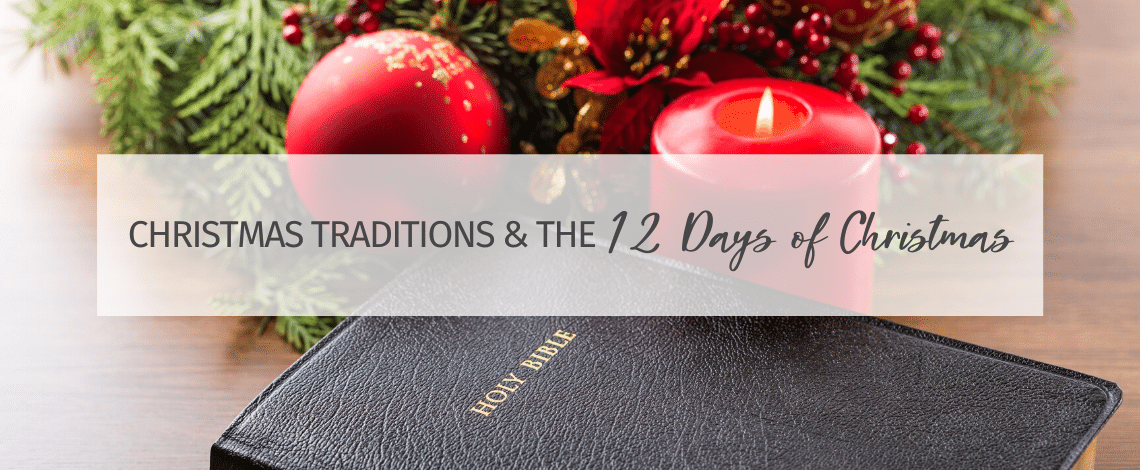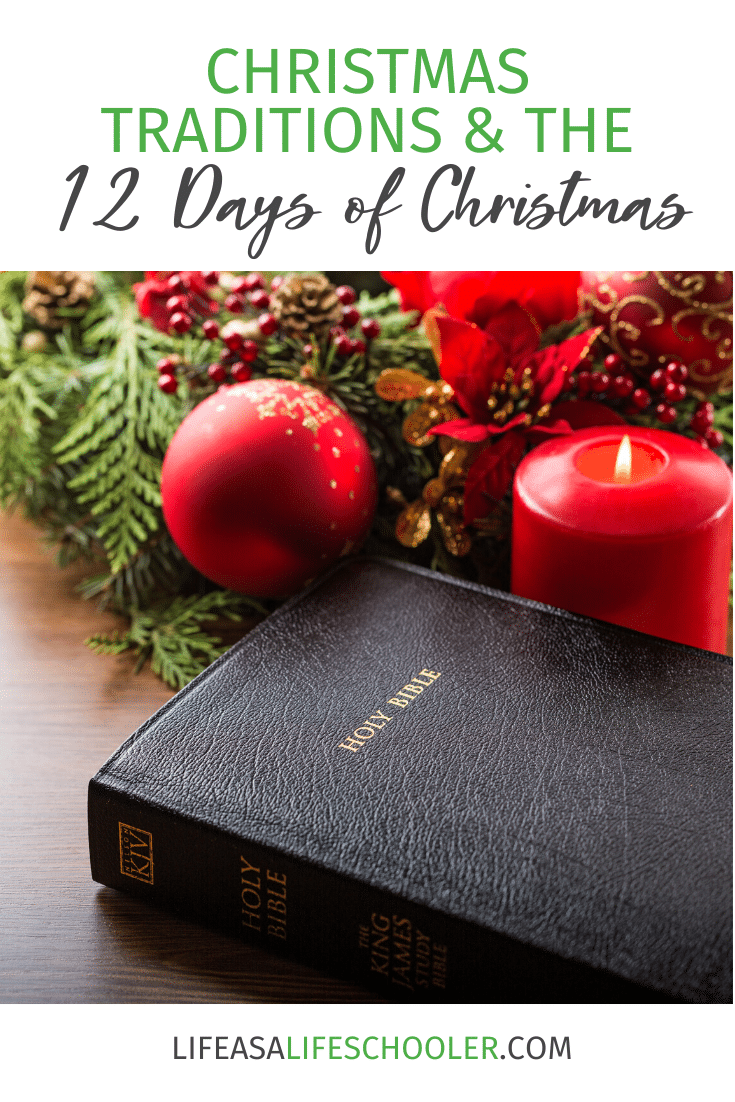Merry Christmas to All!
It’s that time of year again. My favorite season of all, in spite of the freezing cold and vortex level winter storms that sweep through the Midwest. It’s the time of year for cozy blankets, hot cocoa, and crackling fires. Time for gift giving, comfort foods, and family get-togethers.
It’s also the time of year many Christ-followers choose to celebrate our greatest gift of all. The birth of the Savior of the World and the Word made flesh, dwelling among us. Showing us how to live and reminding us in Whose image we were created before sin veiled us in darkness and death.
Some will argue that celebrating the Light of the World in the dead of winter is historically inaccurate. “Jesus was most likely born in the spring when the shepherds were out in the fields for lambing season,” they’ll say.
Others will argue that celebrating Christmas like we do in the West is a travesty and more indicative of archaic pagan rituals centered around, Winter Solstice, the Yuletide “Wild Hunt”, worship of the Norse god, Odin or the Anglo-Saxon god Mōdraniht. “We Christians just came in and called these rituals a different name which doesn’t change the origins buried in sinful practices.
To the naysayers I will make two remarks:
- What better time of year to celebrate birth and life and light than in the darkest days when we need all the light and joy we can get?
- Given that our Savior is the God of redemption, restoration, and reconciliation, I would argue that we didn’t steal pagan religions. Instead, we reclaimed and restored what was once dark and sin-filled by shedding light on the real reason for ANY celebration especially in the darkest days of the year.
All opinions aside, much of our concern or doubt about the Christmas celebration comes from a lack of knowledge regarding traditions surrounding the season. As a lover of history and a fervent Christmas enthusiast, I would like to illuminate these blind spots with a little holiday candlelight, if I may.
The Advent
I won’t argue over the actual dates as even in the Christian denominations there are differences of opinion with some celebrating on the 24th/25th of December and others celebrating in the early days of January. Instead, I want to focus on specific holiday traditions that we’ve either allowed to go the way of Latin, cursive, and extinct animals or those whose significance has been dulled by the flashy, gauche commercialism of the western culture.
Starting with Advent. Historically, Advent was a time of reflection and remembrance, a focus on the anticipation of a long-promised messiah who seemed to be taking His sweet old time coming to save His chosen people, the Jews. The Christian church did not just stop at the Jewish messianic promises, having the knowledge that Jesus was a Messiah for ALL people. In the four weeks leading up to Christmas, Advent is our time to prepare for the promised Savior, remembering His gifts of hope, faith, joy, peace, and the purity of the Christ Child. Often the tradition is to fast from certain foods or spend less time on social media/phones in order to give the coming celebration its proper place in our hearts and minds.
That’s my favorite part of Advent is the emphasis on a journey. The Exodus of the Israelites to their new home, the journey through the prophecies to understand the promised messiah, Joseph and Mary’s journey to Bethlehem, the shepherd’s journey to the manger and then to all the towns and villages spreading the good news, the wise men and their journey following a star to a humble stable. Finally, our journey to discover the God who is, who was, and who is to come. It’s a beautiful picture and one I try to show my own children through hands-on experiences and the Bible come to life.
The 12 Days of Christmas
So, we have Advent culminating on Christmas Eve, Christmas Day, and then a 12 Day Celebration highlighting various Christian martyrs and important historical figures who played significant roles in the spreading of the Gospel. We end our feast days on Twelfth Night or Epiphany and if you are REALLY into prolonging the holiday, you can spread it all the way to Candlemas which commemorates Jesus’ presentation at the temple where two godly Jewish worshippers formally recognized the significance and salvation wrapped up in an eight-day-old squirming package.
I could ramble on for DAYS about the many different little and big aspects of each day of the holiday season, but I’ll focus on the 12 Days of Christmas. And no, I don’t mean the song that has seen so many versions, parodies, and remakes, it’s practically gotten its own holiday.
I’m talking about the 12 days leading up to Epiphany or the day spent remembering the Wise Men who journeyed from the East to see the Christ child and worship Him with gold, frankincense, and myrrh. Traditionally there are three wise men, but the symbolism leading up to this special day reminds me of just how fully and completely Jesus fulfilled every prophecy about Him for hundreds of years. He IS the hope of the nations and it might be fun to replace some of the busyness and stress of a typical American holiday with a few of these teachable-moment-type traditions instead.
So without further ado,
The First Day
On the First Day of Christmas, we celebrate the birth of Christ. Obviously. The manger gets filled in our nativity as we read the story in Luke to our children and remind them that our greatest gift is not under a sparkling tree, but on a stark, dead one on a hill called The Place of the Skull.
The Second Day
On the Second Day of Christmas, we remember the first martyr for the cause of Christ, Stephen, a man who joyfully preached the gospel to an angry mob who then turned and stoned him to death. Following Christ is not easy and it is not the popular way, but it is the best way and it offers us freedom from the chains of slavery that every other religion or faith culture denies us. The second day is also a day commemorating Good Kind Wenceslas, a young duke of Bohemia who was secretly taught about Christ by his grandmother, banished his pagan mother and her followers, and brought education, law and order, and charitable acts among the poor to his country. He was killed by his pagan brother, but his story lives on in a popular Christmas carol of the same name.
The Third Day
On the Third Day of Christmas, we remember John, the apostle, and friend of Jesus. He died a prisoner on the Island of Patmos after writing the book of Revelation. This last book of the Bible foretells both the horrors of the last days of tribulation and the hope of the Savior, riding on a white steed of war in victory over sin and death.
The Fourth Day
On the Fourth Day of Christmas, we offer a memorial to the baby boys that King Herod murdered in his quest to find and destroy the baby, Jesus. The story of Jesus’ birth is often wrapped in shiny packages, presenting just the hope and light, but we often forget that the darkness was the very reason for why the Light of the World was needed in the first place. I don’t sugar coat Christmas for my children. G.K. Chesterton once remarked, “Fairy tales do not tell children that dragons exist. Children already know dragons exist. Fairy tales tell children that dragons can be killed.” Obviously, the story of Jesus is more than a fairy tale, but nearly every fairy tale is based in the original story of a Savior fighting against a great serpent to defeat death and sin. In order to prepare our children for the dragon, we need to let them know that there is a way to defeat it and that’s through Jesus Christ.
The Fifth Day
On the Fifth Day of Christmas, we commemorate Thomas Becket, the Archbishop of Canterbury who challenged the king’s claim that a monarch had absolute authority over the body of Christ (ie. The Church). For telling the truth that Christ is the head of the Body and even the king was subject to a higher authority, Thomas Becket was martyred on December 29th.
The Sixth Day
On the Sixth Day of Christmas, Egwin of Worcester is remembered for his absolute faith in Jesus Christ, his work among the poor and the widows, and his insistence that marriage is a faithful covenant between a man and woman, a threefold cord weaving husband, wife, and Christ together in a holy union that should not be broken. Given that the very last feast of the Lamb is a marriage feast, this seems an appropriate celebration during Christmas. It can also be a time to answer our kid’s questions about the cultural attacks against marriage and family as the darkness of the world presses in from all sides.
The Seventh Day
On the Seventh Day of Christmas, we celebrate New Year’s Eve, also known as Hogmanay in Scotland. This is a day traditionally marked by sporting tournaments, games, and especially archery tournaments as the kings of those times wanted to make sure their men were war-ready at a moment’s notice. It is a good time of reflection on the past year and preparation for the year to come as we teach our children that each day, each moment has a purpose and we were made to glorify God in everything we do. It is also a great time to remind our children that we wrestle not with flesh and blood, but with powers, principalities, and forces of evil in the high places. We ARE in a battle and Christ IS the Victor.
The Eight Day
On the Eight Day of Christmas, we celebrate the first day of a brand-new year. We also remember Mary, the mother of Jesus, not as an idol to worship, but as a human being called by God to do a wondrous, extraordinary thing. Every one of us has been called by God to fulfill His purpose in our lives and it is never too early to start the journey of discovering what our gifts and talents can be used for in this world.
The Ninth Day
On the Ninth Day of Christmas, we commemorate Basil the Great and Gregory Nazianzen, 4th-century Christian friends who worked to spread the truth of the Gospel, that Jesus IS the Christ, the Son of God. They served the poor and the needy and boldly spread the Word though they were in active defiance against the heretical Emperor Valens at the time. When Basil ordained Gregory as bishop and sent him unwillingly into a conflicted town in need of the gospel, it took many years for them to reconcile. However, this story did have a happy ending because it proves that Christ binds his people together even when our own sins and selfish natures ought to leave us divided. His power over sin is absolute and a miracle we often take for granted.
The Tenth Day
On the Tenth Day of Christmas, we celebrate the name of Jesus. Officially, He was named in the temple on the eighth day after His birth, but if we delve deeper, we can use this day as a teachable moment, showing our children the many names of God to describe His character, His attributes, and His choice to offer a sinful human race one path to salvation through His Son.
The Eleventh Day
On the Eleventh Day of Christmas, we celebrate Elizabeth Ann Seton, an American Christian who founded several schools to educate young girls on a foundation of the Christian faith. She was a wife and mother of five children who lost her husband to tuberculosis and chose, in her widowhood, to enter in full service to God and the church. She was the first American to be canonized as a saint, but what I found most fascinating about her life was her dedication to the education of young women in a time when girls were not often given a full education outside of the home. A homeschooling program in Virginia was named for her as well as a college in New York which sees to the needs of women and men who are not always able to afford a four-year college.
The Twelfth Day
Finally, on the Twelfth Day of Christmas, we come to Epiphany. Roles are reversed, the rich serve the poor, and we are reminded that God’s kingdom is an upside-down one. The wealthy wise men laid their rich gifts before the poorest child in recognition that not all riches come in expensive or shiny gifts. The Greatest Gift was not found in a palace, but in a stable. Christ told his followers they could only enter the Kingdom of Heaven as little children, the “least of these” in the culture of that day. All our possessions and things we hold on to will not save us.
The real reason for the season is a tiny babe, born in humble circumstances, growing in wisdom and stature, ministering to and healing those who followed Him and gladly going to the cross to offer His own life in place of ours.
I can’t think of a better reason to celebrate than that.
- How to Deal with Life Happening - May 11, 2020
- History of Christmas Traditions and the 12 Days of Christmas - December 9, 2019






